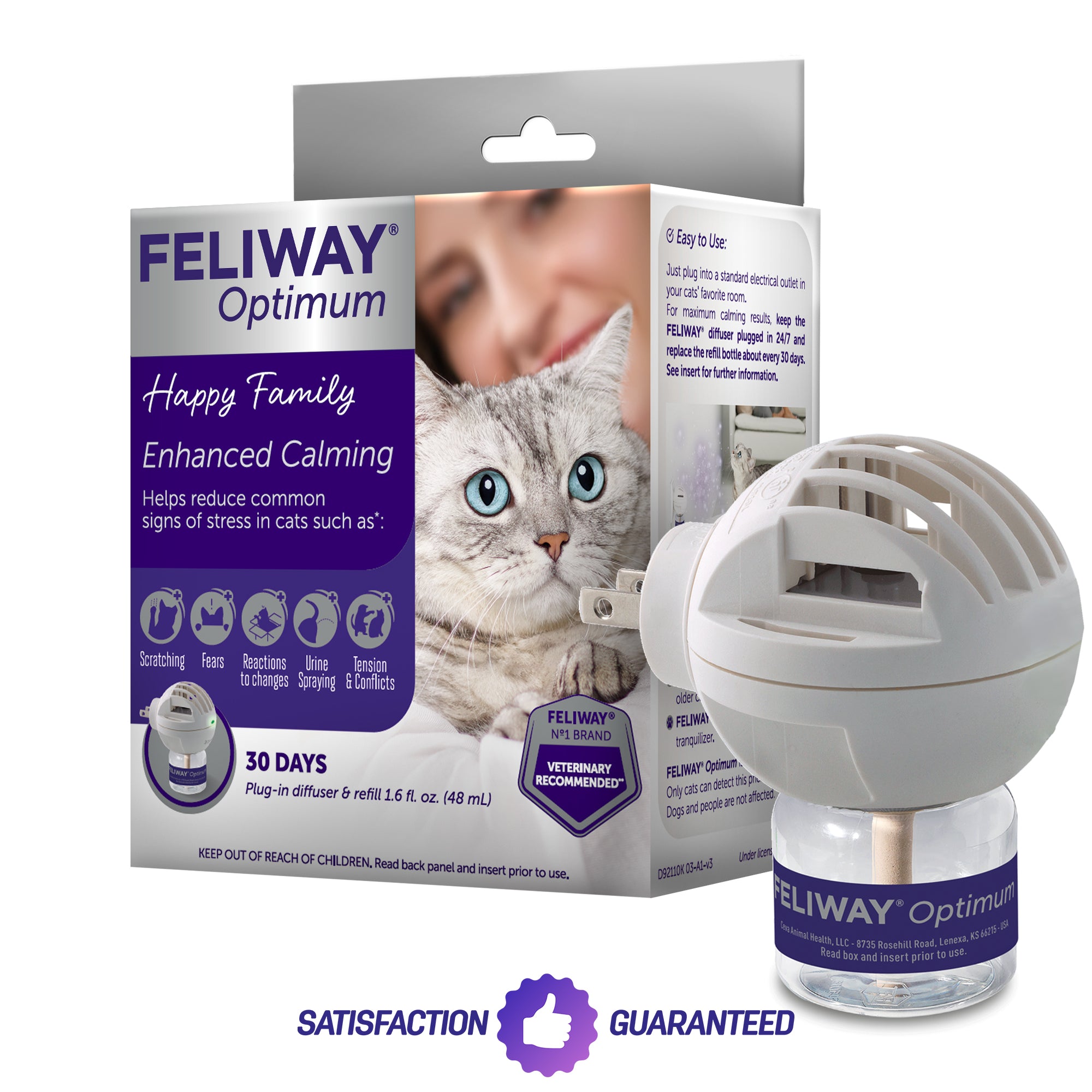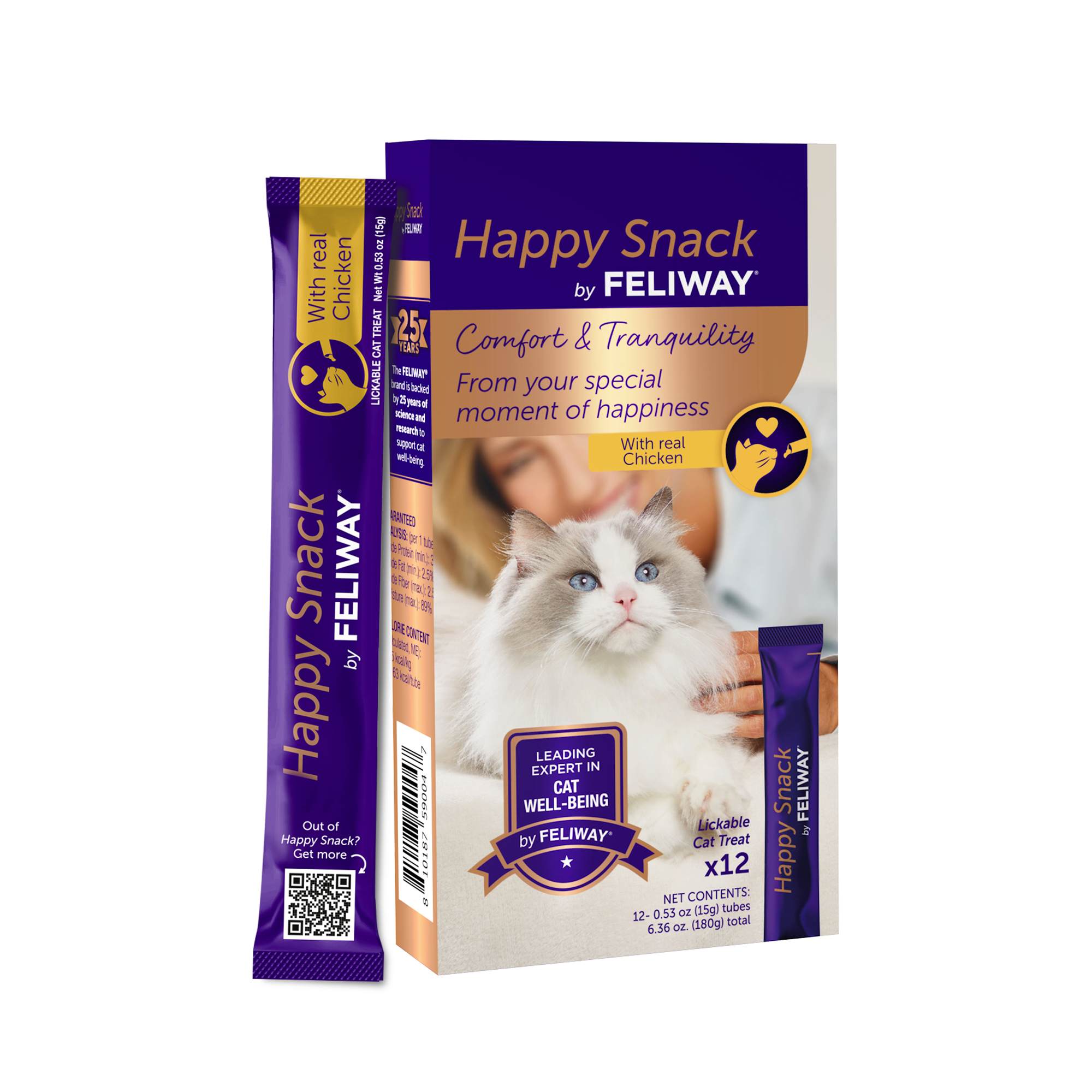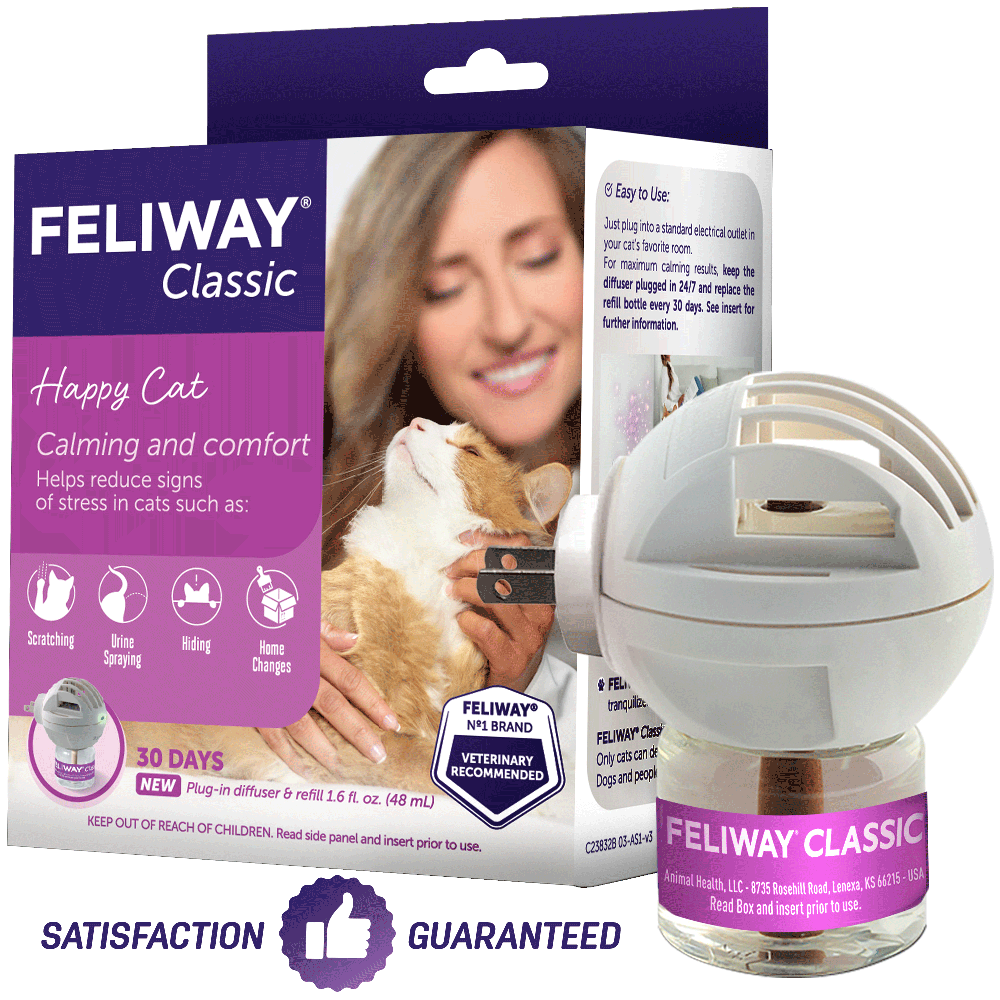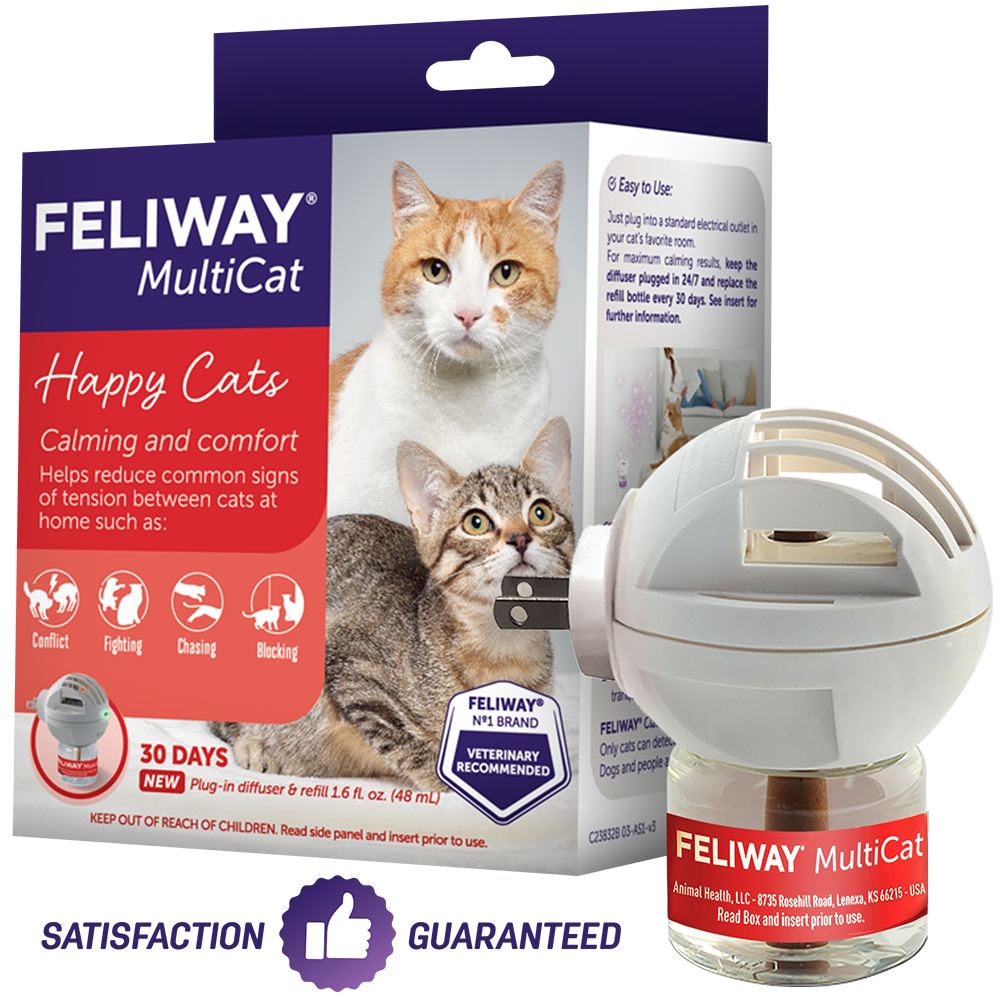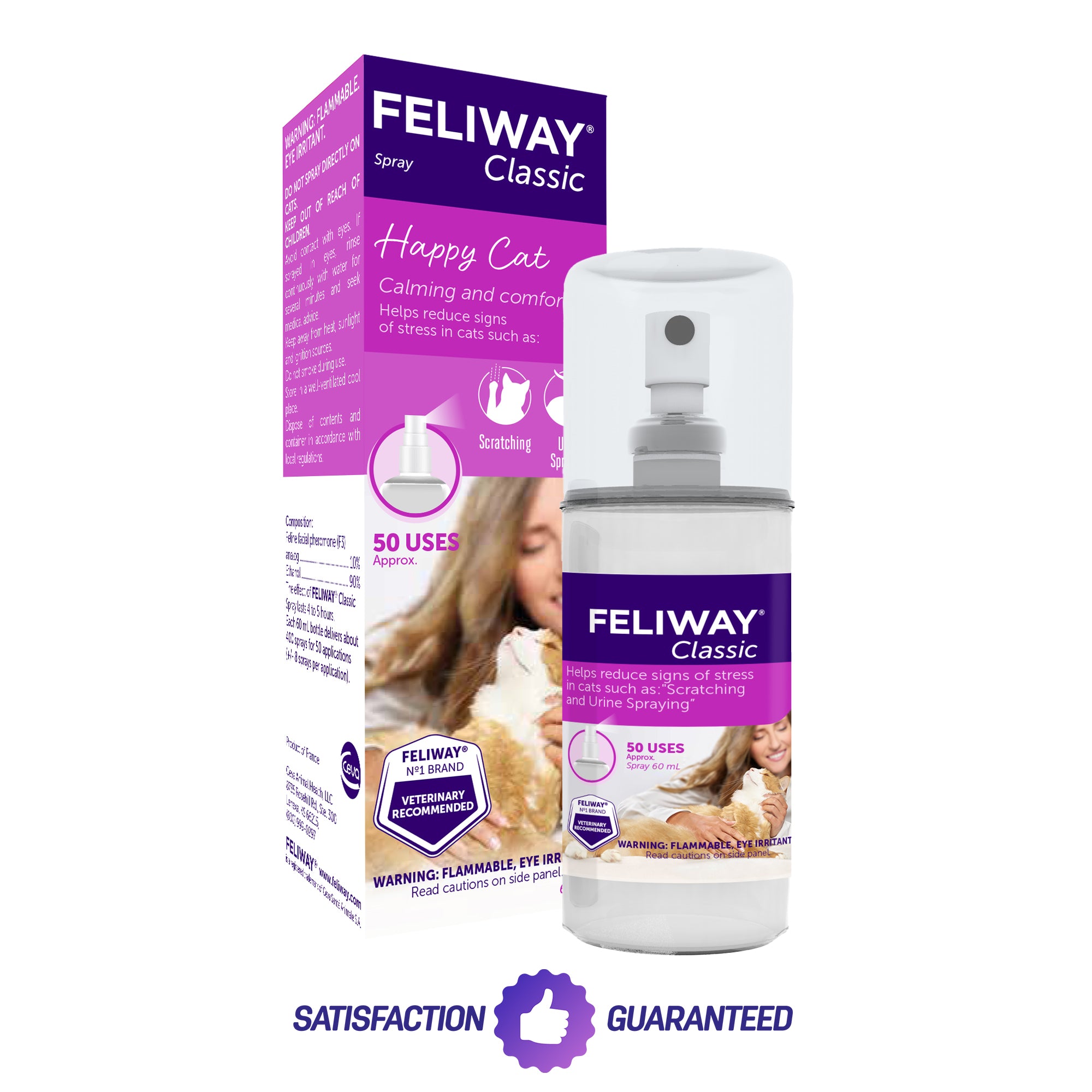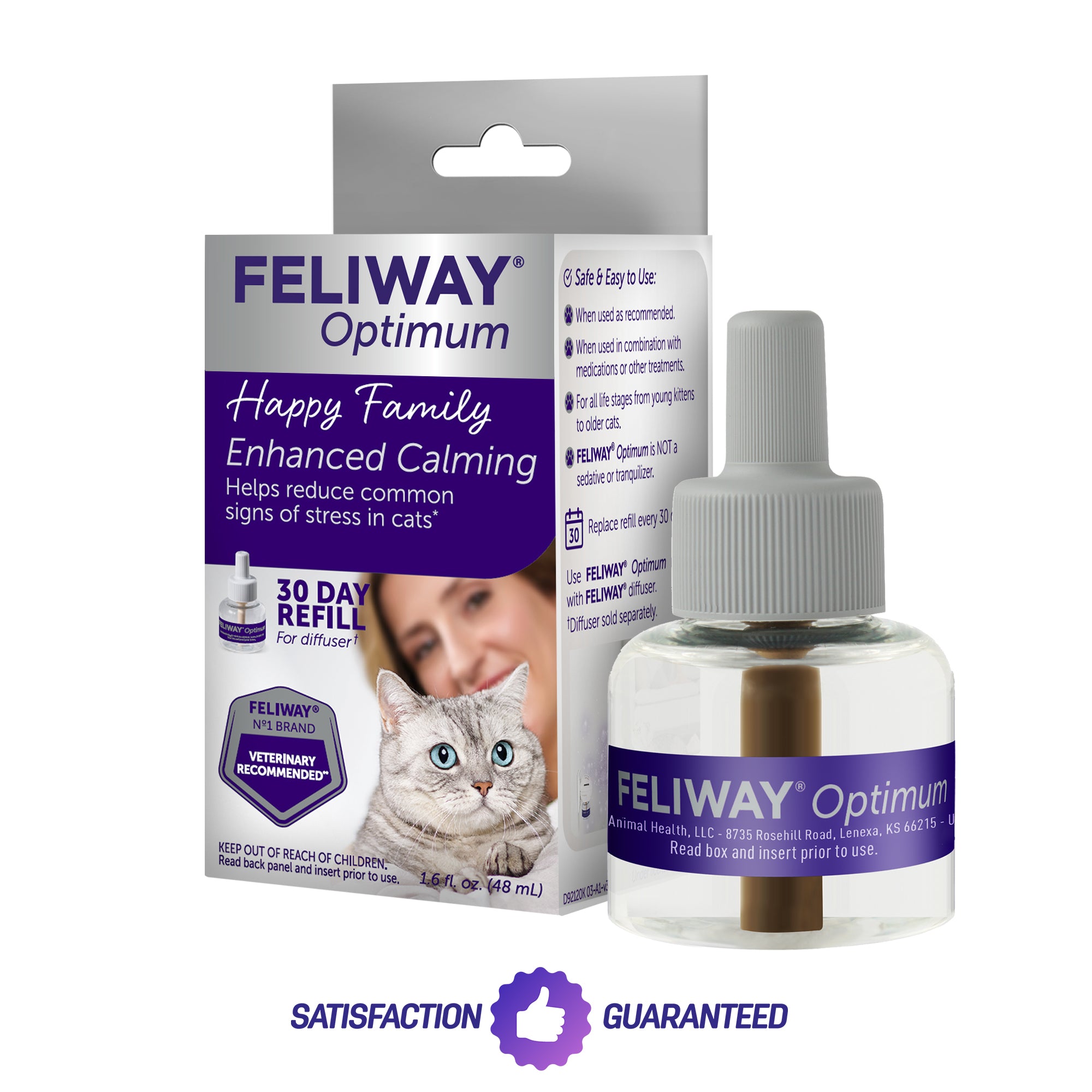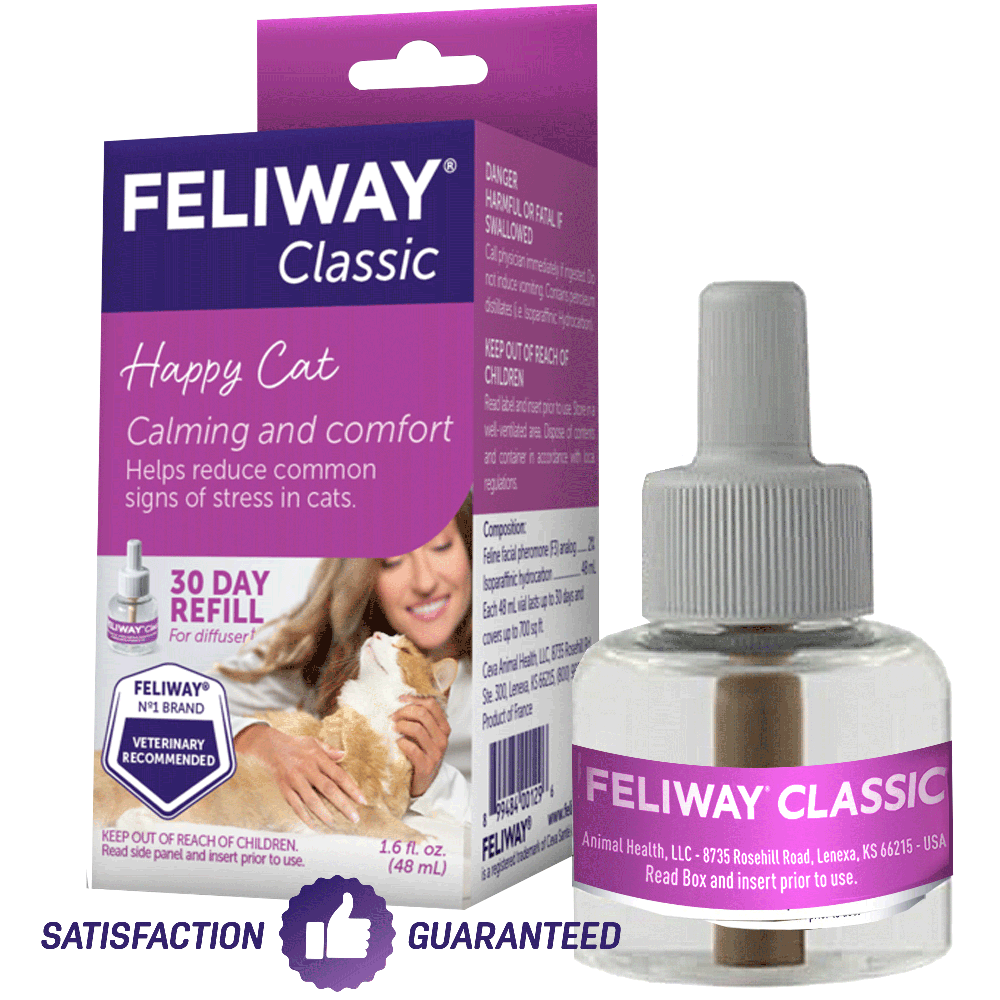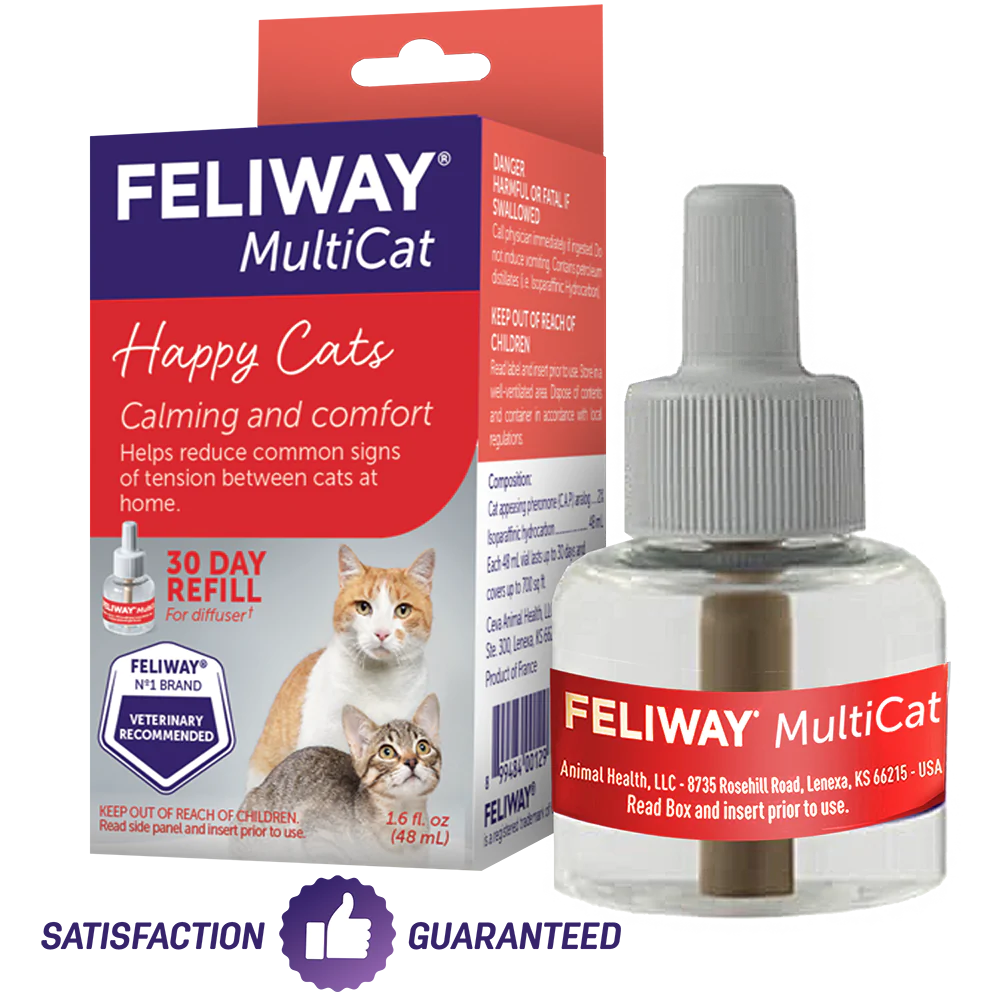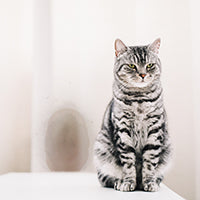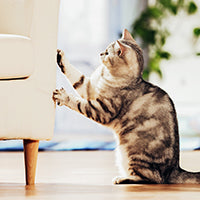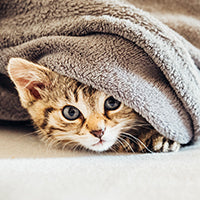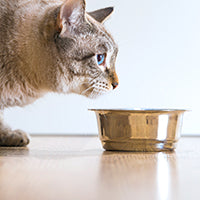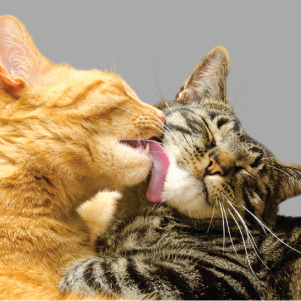HELPING YOUR CAT'S RECOVERY ON THEIR RETURN HOME
3 tips to help comfort your cat as they recover at home
-
Your cat will need some quiet time
- Ensure your cat has all their resources (water, food, litter tray etc) accessible in a quiet room
- Monitor for any changes that may suggest your cat is in pain or there are complications. Follow the advice your vet gave to you when you collected your cat
-
Give your cat space to recover
- Let them rest quietly undisturbed
- Allow your cat to rediscover their home environment at their own pace
-
A relaxed cat is likely to recover better
- FELIWAY® Optimum spreads happy messages (with calming feline pheromones) in your home for 30 days
- Plug the diffuser where your cat will be spending most of their time as they recover
- FELIWAY® Optimum covers 50 m2 (approx a 2 bed house)
We recommend:
-
As seen on TV
-
Recommended by vets
-
+ 1 million Facebook likes
-
+ 25 years of expertise
Further advice to help your cat's recovery
Many sources of stress
Cats don't find change easy; they prefer a stable routine and their known home territory.
A stay at the veterinary clinic results in inherent change to your cat's routine (even if the stay is short) and involves moving your cat from their home territory to the veterinary clinic and a stay in the hospitalisation ward. In addition your cat will need to be handled at the clinic and may experience discomfort due to the surgery or illness they are being treated for.
If your cat's stay in the hospital lasts a few days, the familiar pheromone messages and scents left by your cat in your home may have faded. Additionally, your cat will bring back unfamiliar smells from the clinic with them.
Rejection by other pets in the household
If you have other pets (cats or dogs), they may not welcome your cat on their return home, and may even be aggressive towards them. This is due to their absence from the household, the different odours they bring from the clinic, their sometimes altered appearance (e.g. wearing a medical collar, bandaging) and they may move or act differently.
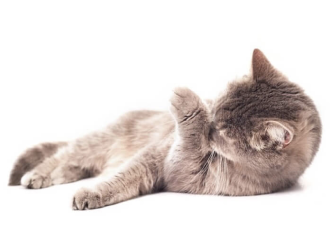
A temporary recovery area
Create a safe room for your cat where they can rest quiet, but also where you can keep an eye on them to monitor for any changes in their recovery. It may be easier for your cat to have all their resources in the same room (but separated a little), such as theirbed, food and water bowls, litter tray and scratching post.
When reintroducing your cat to other cats in the household, keep them separated if you notice signs of conflict. Try scent swapping first and then try again a few hours later.
Don't force interaction
It's wonderful to be able to bring your cat home from the vets, but let them rest! Give your cat time to settle.
Reassuring your cat to aid their recovery
Calming pheromones can be very useful to help your cat re-acclimatize to your home environment and support their recovery. FELIWAY® Optimum has been designed to reassure cats in temporary stressful situations. Ideally plug the diffuser 1-2 days before your cat's return and leave working for 1 week, to support your cat as it settles back into your home and routine.
